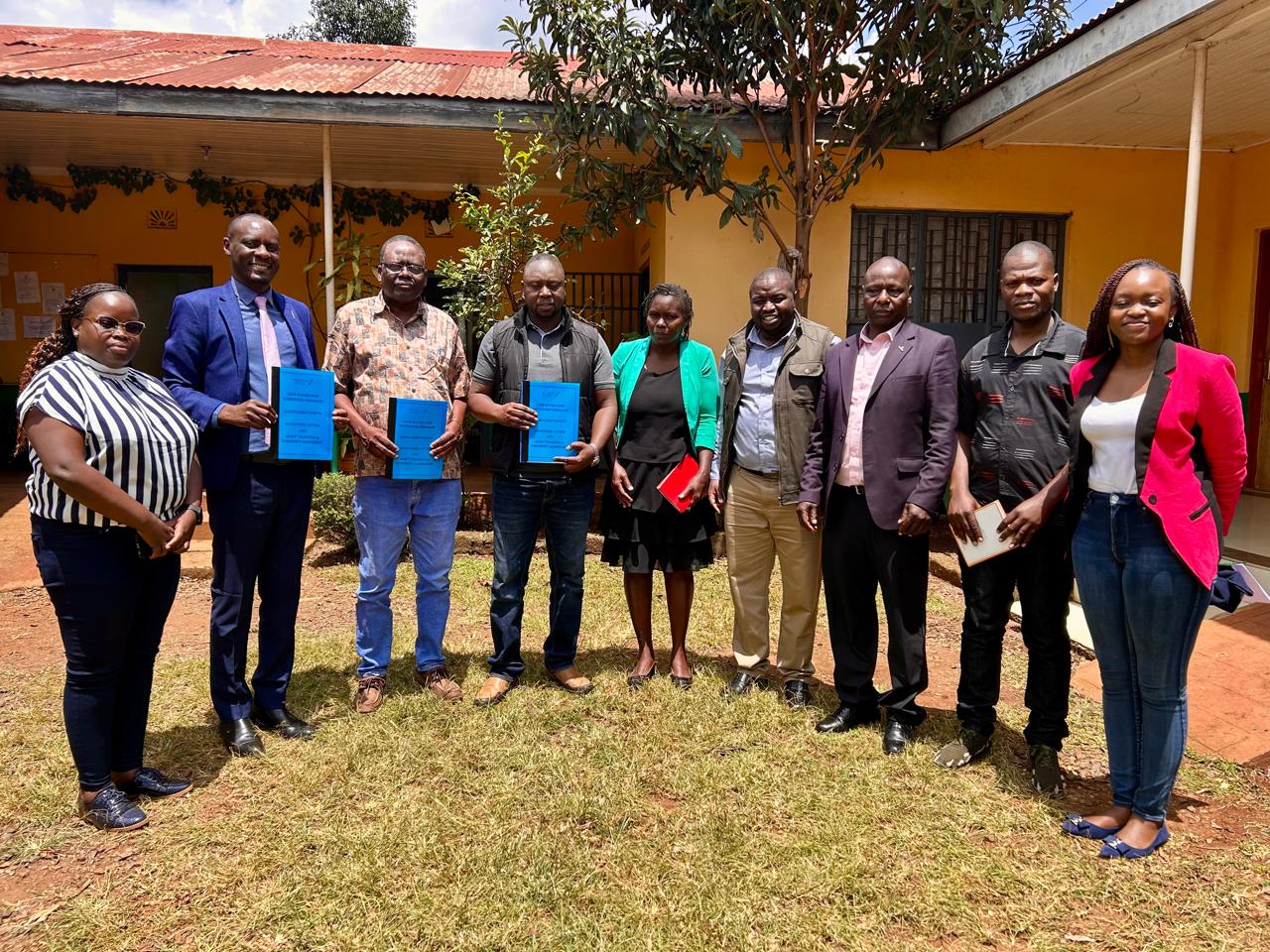Your Heading
Our Solutions
The Green Teams initiative has been involved in a myriad of activities to equip communities with knowledge and skills to address climate change in Kenya, Uganda, Rwanda and Senegal

At the Green Teams Initiative, the focus is to build, coordinate and support social organizations that can address their financial, social and ecological pressures. To do so, GTI focus is in three areas: Research, Policy Engagement, Business Development, and Community Engagement.
We identify innovative and appropriate practices to build sustainable and cost effective models to curb the effects of climate change and at the same time address sustainable development goals.
The Practices range from Policy interventions, Enterprises to community social projects. The Green Team build’s capacity of groups and individuals to work on policy, programs and practices for green social entrepreneurship in addressing the climate change crisis.
1. Research on sustainable interventions
Gathering available data and evidence on the sustainability and ecological challenges faced by communities. Our research work includes working with key actors within communities to scale available practical evidence in combatting climate change and utilizing the research for wider public knowledge., green enterprise opportunities, scalable green enterprise models, among others. Asset mapping on green jobs in Kilifi, Mombasa, Busia, and Laikipia Counties of Kenya in 2015.
2. Policy Engagement
Review of existing policies for appropriateness and/or implementation progress, as well as influence new policies that support green/eco-solutions and practices within communities. Climate Change Policy analysis of 5 Counties in Kenya and the St. Louis City in Senegal.
3. Business Development Services
Working with social organizations to offer technical and/or financial support for enterprise development using various models and approaches including incubation, training or links to strategic partners.
4. Community Engagement
Building strong social organizations through capacity building and training efforts.
